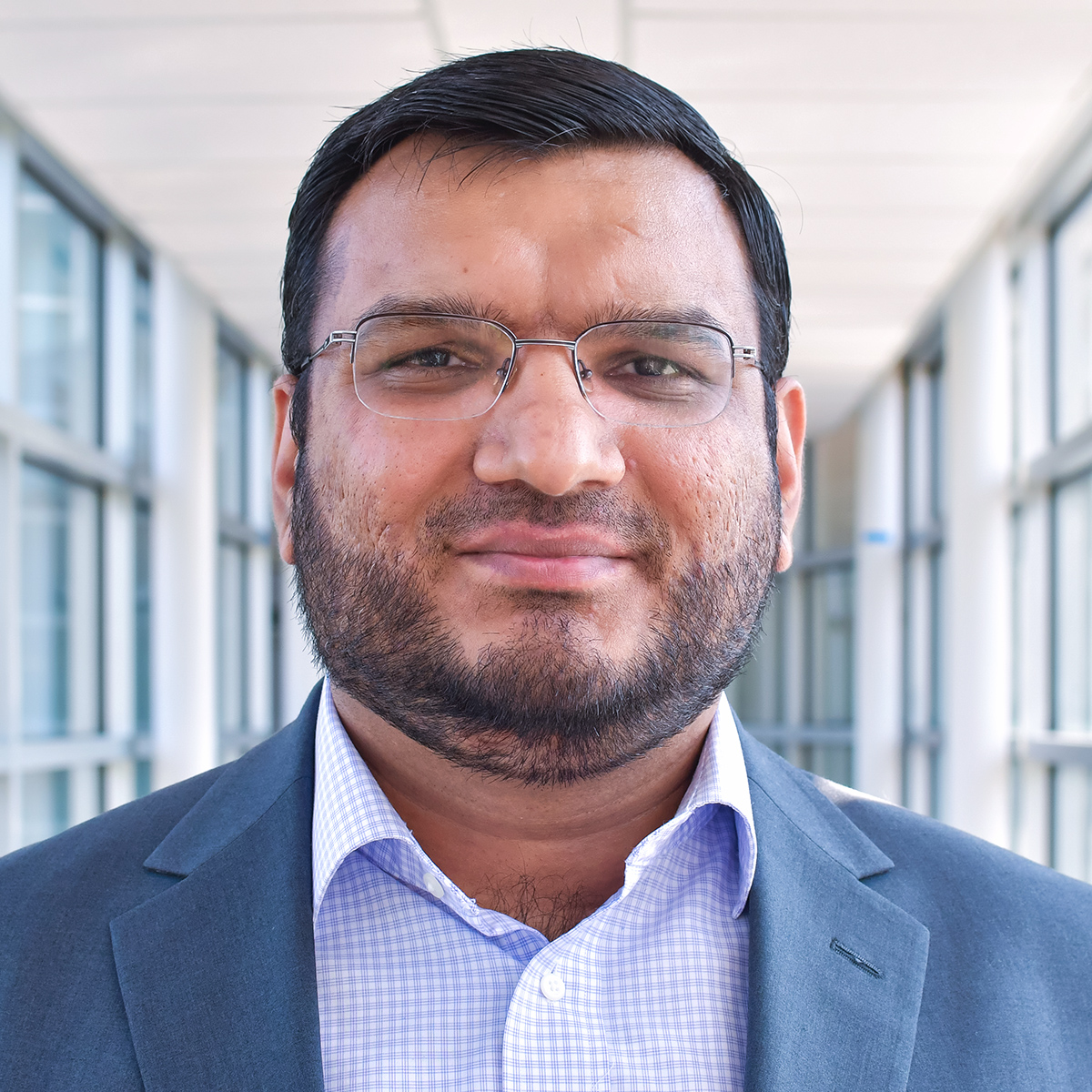
Assistant Professor
Waseem.Abbas@UTDallas.edu
Phone: 972-883-4477
Office: ECN 3.701
800 West Campbell Rd.
Mailstop: EC38
Richardson, TX 75080-3021
Education
Overview
Dr. Abbas research belongs to the area of network control systems, which deals with the distributed control and coordination of multiagent systems.More recently, he has expanded his research in the area of cyber-physical systems with an emphasis on the resilience and robustness of critical infrastructure networks against faults and strategic attacks, both from the theoretical and practical perspectives using game-theoretic and graph-theory based approaches. The progress and development of modern day engineered systems such as robotic networks, sensor networks, transportation systems, power systems, and distributed computation frameworks have drawn a deep inspiration from the fundamental network phenomena that exist in nature. A primary distinguishing feature of all these networked systems is the distribution of information and interactions among individual components that result in an underlying network topology. The fundamental objective is to achieve desired global behavior from local interactions. A deep understanding of the interplay between the network topology, often abstracted as a graph structure, and the dynamics of the network components lies at the core of design and analysis of distributed decision architecture of these networked systems. His research has particularly focused on this pivotal issue of exploiting the network structure and relating the network topology based attributes to the dynamics of the agents to achieve complex global objectives through local interactions. He has resorted to various concepts in graph theory such as graph coloring and graph domination, control theory, and more recently game theory to formulate and address a wide variety of network related phenomena. He has applied his work to investigate robustness of networked systems, controllability of networked systems,optimal resource allocation among agents in heterogeneous systems, energy-efficient scheduling schemes in wireless sensor and actor networks, intrusion detection with resource-bounded monitoring devices, coverage problems, and resilient sensor placement algorithms for cyber-physical systems.




